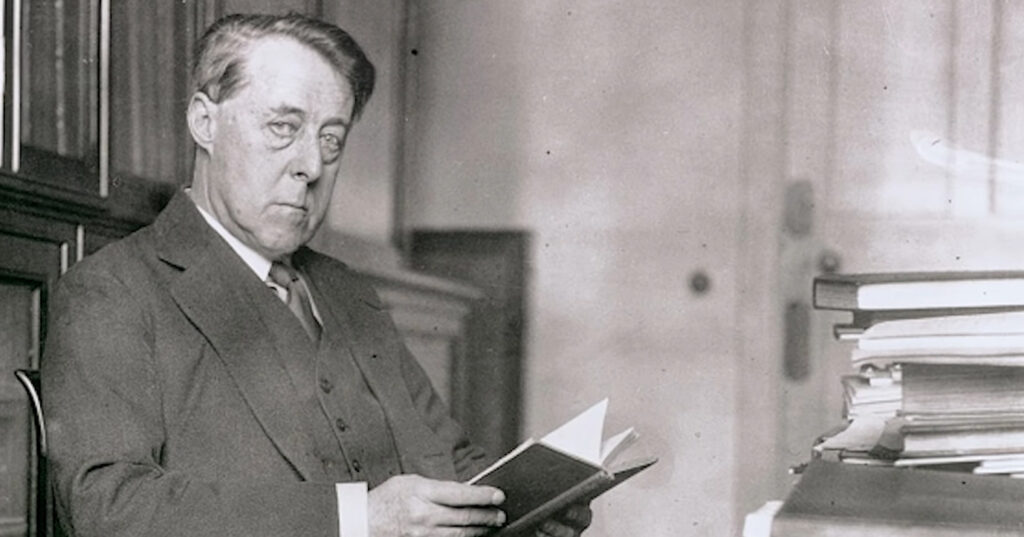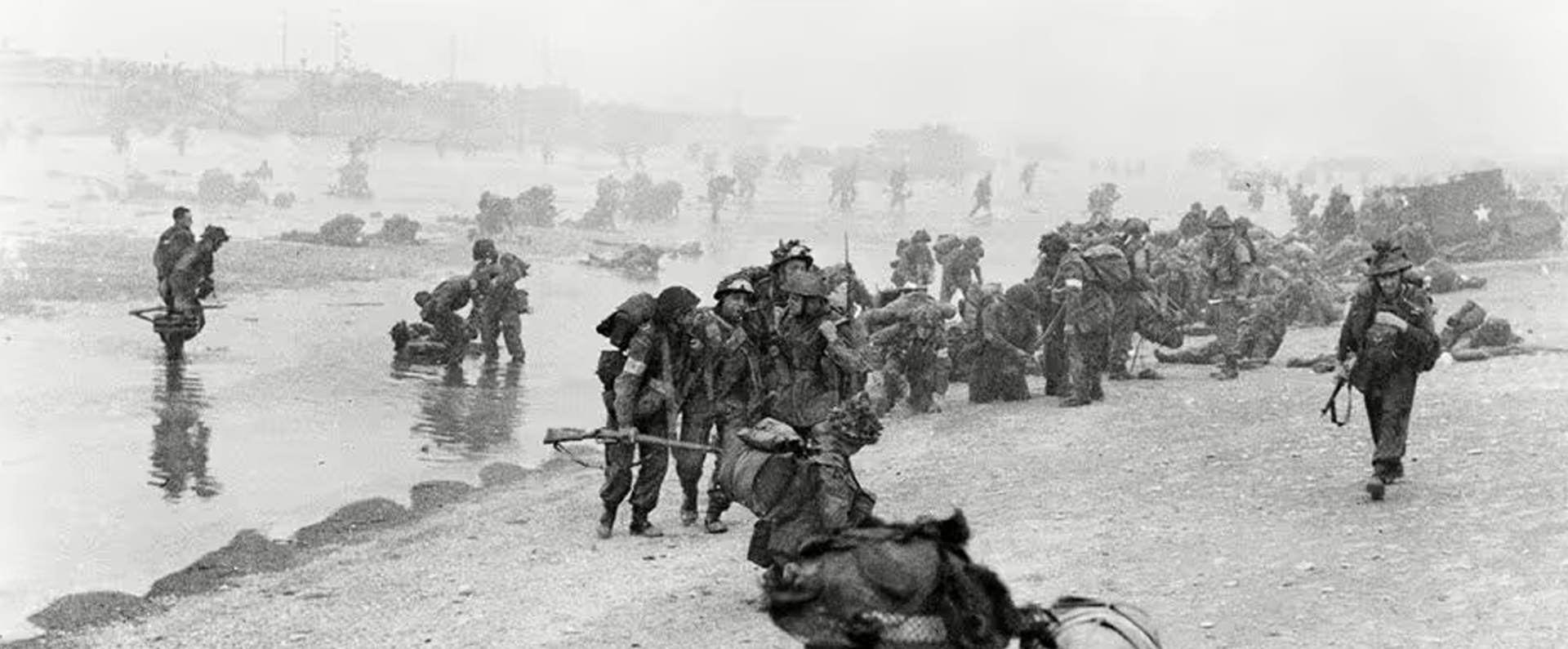
Published in the Daily Express on 30 October 2018.
Laurence Binyon
FOR THE FALLEN
They shall grow not old, as we that are left grow old:
Age shall not weary them, nor the years condemn.
At the going down of the sun and in the morning
We will remember them.
For me, the above extract is the most enduring passage of any war poem and on Remembrance Sunday it will be heard at memorial services up and down the country.
The fourth verse of the famous work, For The Fallen, will bring a tear to the eye of many former servicemen and their families as they remember a much-missed comrade or loved one.
The words are poignant and reverential in equal measure and it is little wonder they have stirred the emotions of so many people over the past century.
Although many will know the identity of the poet, Laurence Binyon, few will know how he came to write the four lines or where he was when he penned them.
For Binyon, unlike many other Great War poets such as Siegfried Sassoon and Wilfred Owen, was not a soldier and, at the time he wrote his poem, had never experienced the horror of the trenches at first hand. He wrote these four memorable lines little more than a month into the First World War while holidaying in Cornwall, sitting on a dramatic clifftop near Polzeath – now the favoured holiday destination of the rich and famous, including celebrity chef Gordon Ramsay and actor Hugh Grant.
At the time, Binyon was already 45 – too old for military service. He was a Quaker and a pacifist but, as a sensitive poet and dramatist, he apparently realised early in the Great War quite how dreadful global conflict was going to be and that it would eventually claim millions of lives.
We know that For The Fallen was written within weeks of the outbreak of the Great War in early August 1914 because his poem was published by The Times as early as September 21 of that year. By this point, The British Expeditionary Force had already suffered heavy casualties in some of the early fighting with the Imperial Germany Army. The two sides had clashed heavily at the Battle of Mons on August 23, before meeting again at the Battle of Le Cateau three days later, and once more at the First Battle of the Marne between September 6 and 10, 1914.
Locals who live in Polzeath, Rock, Daymer and other villages close to the spot where For The Fallen was written are not surprised the beauty of this headland inspired a poet to write such memorable lines. Nina Brooke, 28, an artist who specialises in painting aerial images of Cornish coastal scenes, said: “Whether you are a poet or an artist, the beauty of the north Cornwall coast close to Polzeath is incredibly inspirational.”
Today a plaque, dedicated in 2003, marks the place where Binyon was apparently sitting when he came up with the words for his poem. Having visited this spot just days ago, I can confirm it is both beautiful and inspirational, particularly in the warm autumn sunshine and with surfers catching huge waves just around the corner.
When interviewed in August 1939, to mark his 70th birthday, Binyon discussed the poem’s background: “I can’t recall the exact date beyond that it was shortly after the retreat [from Mons]. I was set down, out of doors, on a cliff in Polzeath, Cornwall. The stanza ‘They Shall Grow Not Old’ was written first and dictated the rhythmical movement of the whole poem.”
Binyon was born in Lancaster on August 10, 1869, the son of a clergyman. He studied at St Paul’s, London, and read classics at Trinity College, Oxford, where he won the Newdigate Prize for poetry in 1891. After graduating, he worked at the Department of Printed Books at the British Museum.
In 1915, Binyon volunteered to work as an orderly at a British hospital for French soldiers. He returned in the summer of 1916 and took care of soldiers from the Verdun battlefield. He lost family and friends during the Great War, including his brother-in-law.
After the war, he became the Keeper of the Prints and Drawings Department at the British Museum. He continued to write poetry – some penned during the Second World War, including a long poem on the Blitz called The Burning Of The Leaves.
Binyon died on March 10, 1943, aged 73. On November 11, 1985, he was one of 16 Great War poets commemorated on a slate stone unveiled in Westminster Abbey’s Poets’ Corner.
As the words of his best-known poem ring out around the United Kingdom this Sunday, I will certainly pause to remember the inspiration for these words which we, as a nation, have used to remember the fallen for more than a century.
Read this article on the Express.co.uk
For more information, visit:
LordAshcroftOnBravery.com


